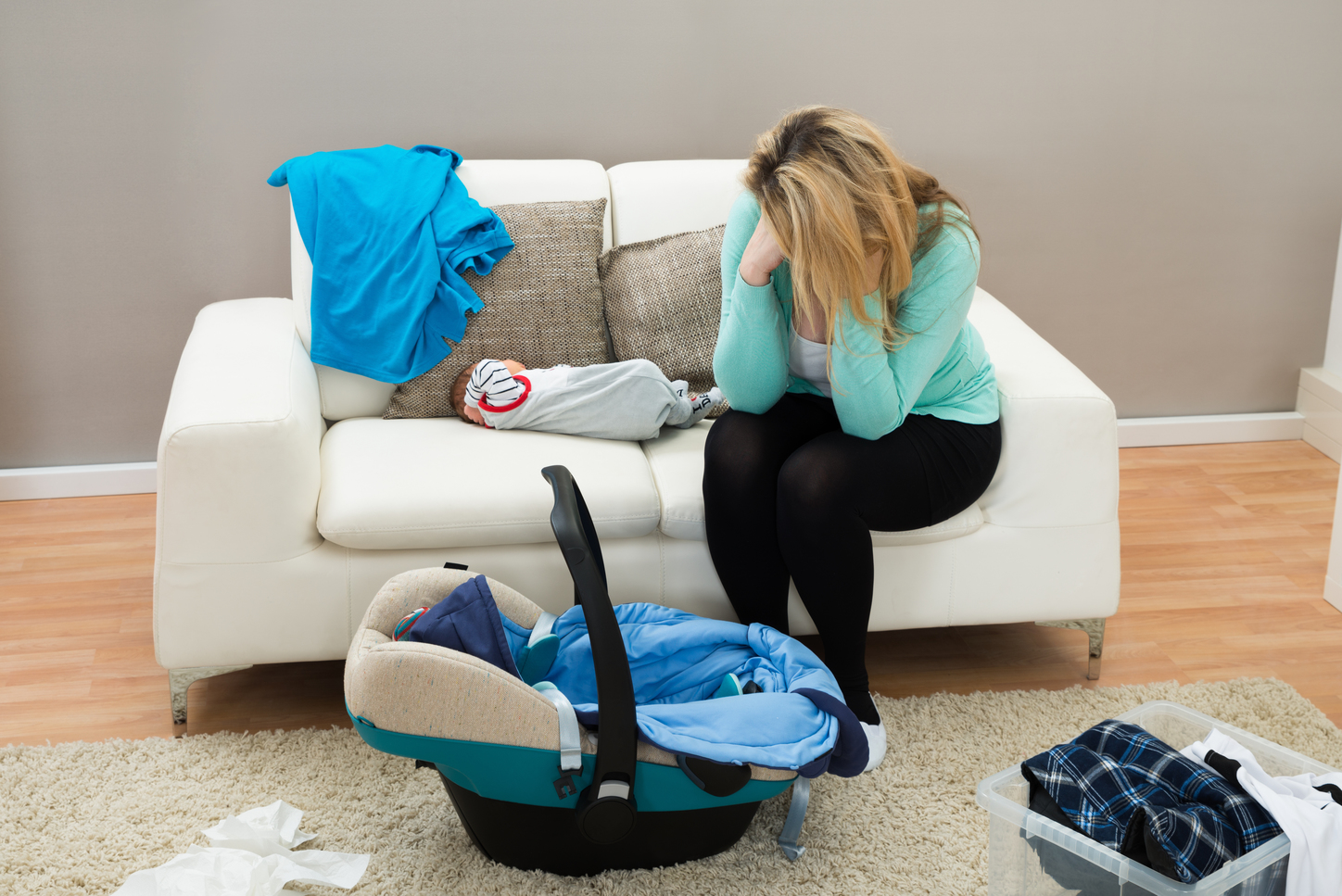
Getting the right medication to treat mental illness can be lifesaving for some but overmedication could be life-threatening.
California State Assemblywoman Pilar Schiavo has announced the introduction of a new bill with an aim of supporting women, new-borns and families in the first year after childbirth.
The US Bill AB 608 has been presented days after the tragic case of a Duxbury mom accused of strangling her children to death sparked a worldwide conversation on postpartum psychosis.
The new bill will extend the Comprehensive Perinatal Services Program (CPSP) to be included in the Medi-cal coverage from 60-days to one year after delivery.
Mrs Kristina Dulaney, founder of US based organisation for perinatal parents and family ‘Cherished Mom’ and PPP Awareness Day, said: “Statistics show high rates of maternal death in postpartum period, and that includes after the three months.
A real important part of AB 608 is including coverage for mental health needs, such as medications, psychotherapy, psychiatrists and things like that.”
Lindsay Clancy, 32, Massachusetts, US has been accused of strangling her children- Cora, five, Dawson, three and eight-month-old Callan.
Mrs. Clancy was charged with two counts of murder and three counts of strangulation, assault and battery with a dangerous weapon.
At her arraignment, her defence lawyer claims that Clancy may have been suffering from postpartum psychosis after the birth of her youngest son of eight-month-old.
Lawyer Kevin Reddington, said she was a victim of a medical care that fails mums with “postpartum depression – and even postpartum psychosis.”
He said Mrs Clancy was prescribed drugs like Prozac and Seroquel, which are said to include suicidal thoughts as a side effect.
It is not confirmed whether Clancy has ever received an official diagnosis on postnatal psychosis.
Mrs Dulaney added that Postpartum psychosis is the most severe of the perinatal mental health conditions.
As a PPP survivor and Perinatal Mental Health Certifier (PMH-C) she added: “There is a high risk of infanticide and suicide involved with postpartum psychosis, that’s why it is so emergent to seek help and treatment.”
Postpartum depression first gained medical attention in the 1970’s. Apart from the feelings of sadness, irritability, tearfulness, appetite changes, and sleep disturbance a person with postpartum depression have significant anxiety symptoms.
This most commonly takes the form of generalised anxiety, persistent and excessive worries, feelings of tension, and inability to relax. Often these worries are focused on the baby, his or her health and safety.
A mom and admin of ‘Lindsay Clancy case discussion plus’ Amanda Miller, Ontario, Canada said: “Clinically, it seems that women with more severe depressive symptoms have comorbid anxiety disorder. Many women who have postpartum Generalized Anxiety Disorder (GAD) and Obsessive-Compulsive Disorder OCD ultimately report some depressive symptoms, especially when their symptoms are more severe or prolonged.”
The hashtag #postpartumpsychosis has more than 59 million views on TikTok after Duxbury murder case.
If you, your partner or family thinks of having symptoms of postpartum depression you need to urgently contact GP, midwife or health visitor as soon as possible.
